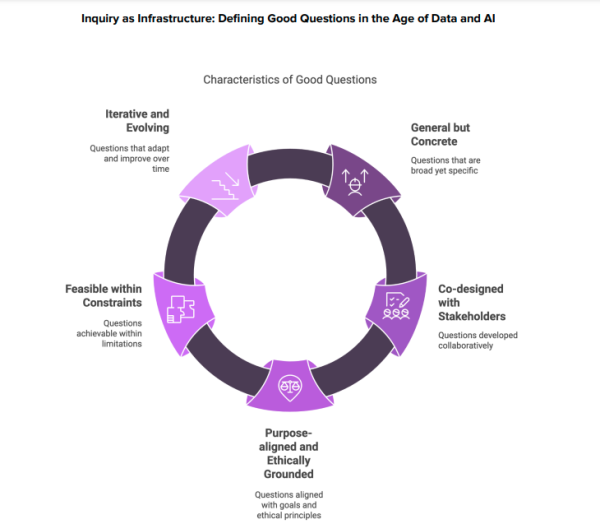Primer by The Alan Turing Institute and LEGO Foundation: “There is a growing body of research looking at the potential positive and negative impacts of generative AI and its associated risks. However, there is a lack of research that considers the potential impacts of these technologies on children, even though generative AI is already being deployed within many products and systems that children engage with, from games to educational platforms. Children have particular needs and rights that must be accounted for when designing, developing, and rolling out new technologies, and more focus on children’s rights is needed. While children are the group that may be most impacted by the widespread deployment of generative AI, they are simultaneously the group least represented in decision-making processes relating to the design, development, deployment or governance of AI. The Alan Turing Institute’s Children and AI and AI for Public Services teams explored the perspectives of children, parents, carers and teachers on generative AI technologies. Their research is guided by the ‘Responsible Innovation in Technology for Children’ (RITEC) framework for digital technology, play and children’s wellbeing established by UNICEF and funded by the LEGO Foundation and seeks to examine the potential impacts of generative AI on children’s wellbeing. The utility of the RITEC framework is that it allows for the qualitative analysis of wellbeing to take place by foregrounding more specific factors such as identity and creativity, which are further explored in each of the work packages.
The project provides unique and much needed insights into impacts of generative AI on children through combining quantitative and qualitative research methods…(More)”.

